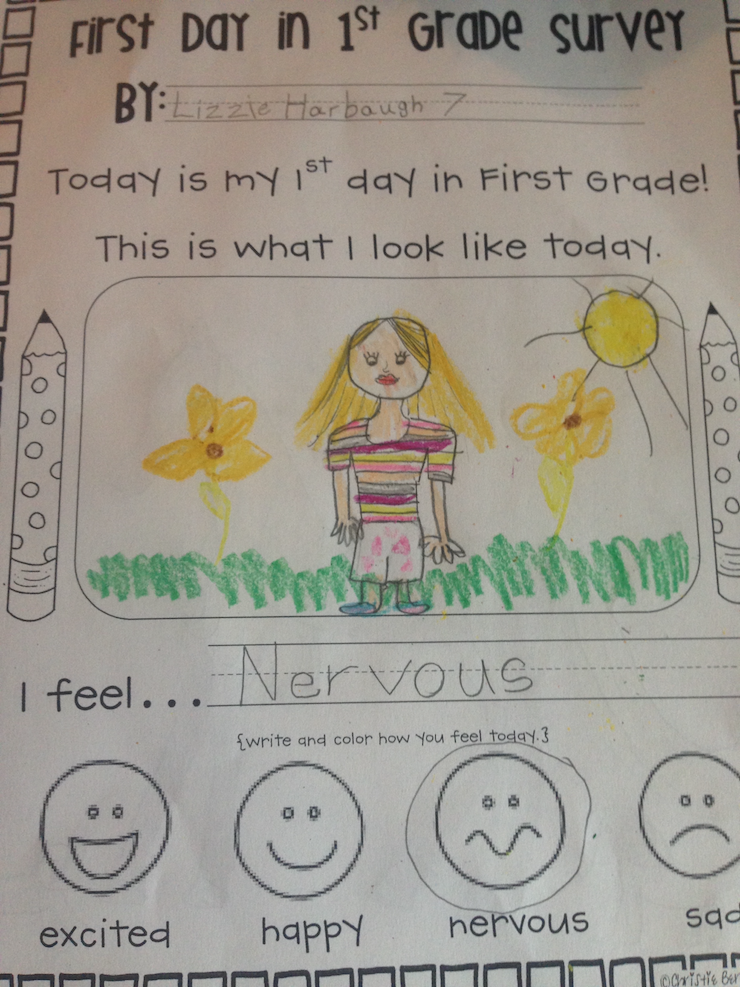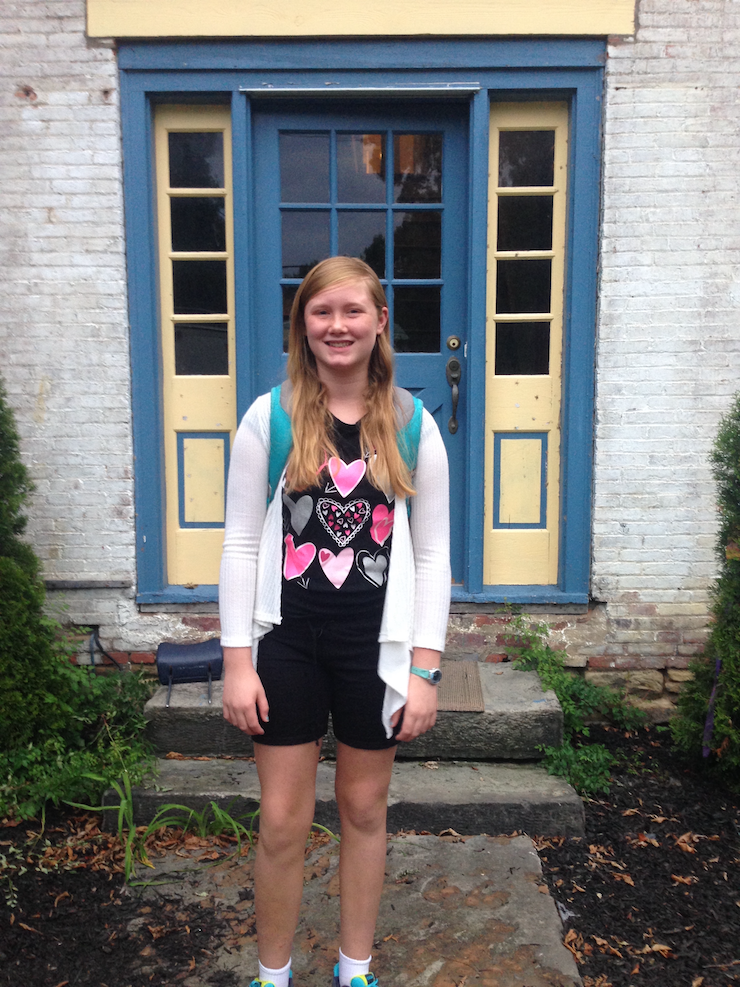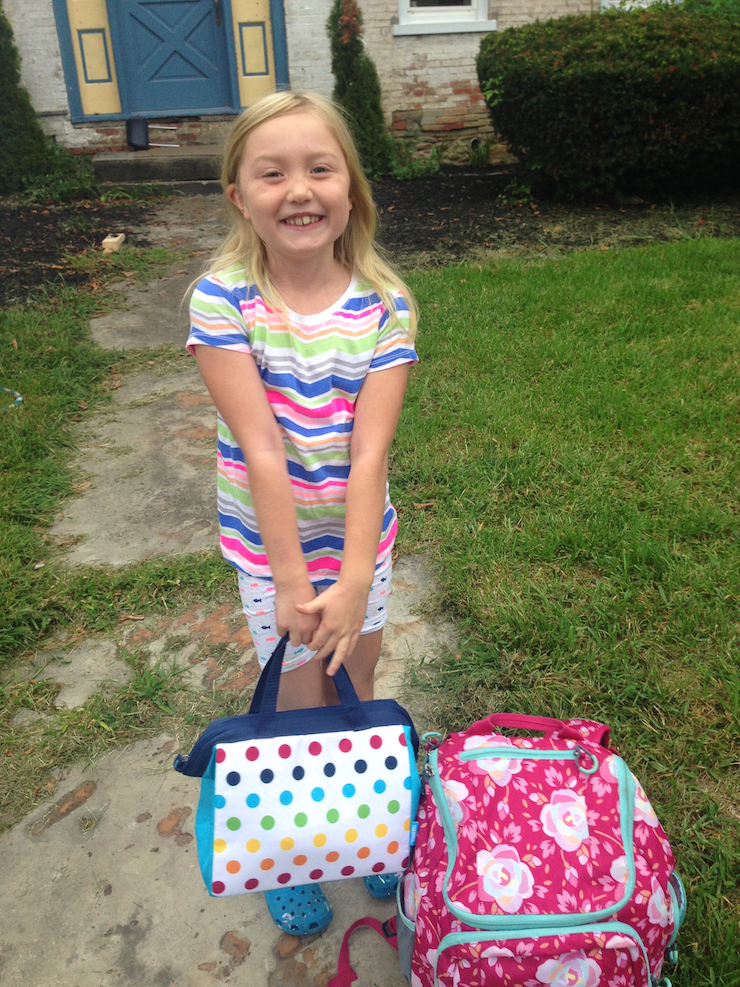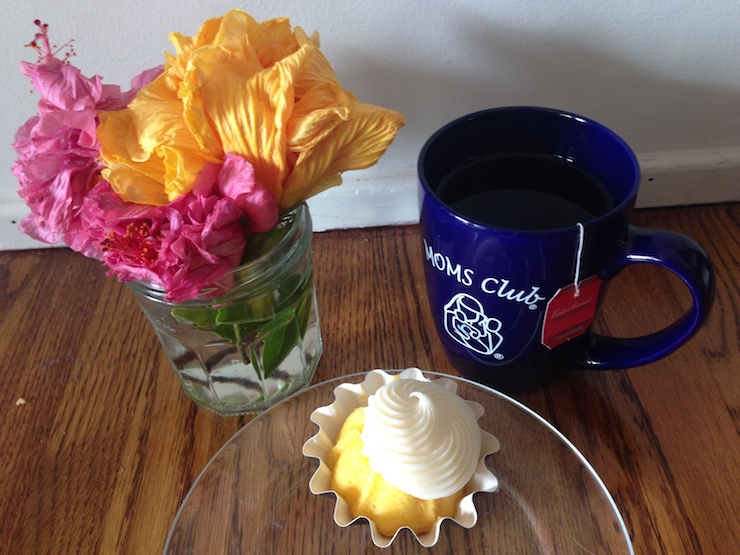My daughter sang in a choir concert last week. Thirty kids. A couple of songs. It was lovely.
EXCEPT
The couple next to me brought three young children.
In my head, I got judgy. Really judgy. Like I couldn’t focus very well on the second song my kid was singing about nature because these three kids were talking and dancing and whining about an iPhone and throwing a baby doll at the ceiling.
I also have three children.
So I get it.
Three children is bonkers.
Three children is somebody always crying about the game and how it wasn’t fair or the bacon and how she got more or the bathroom and how it’s my turn or the elevator and how he got to press the button last time.
Three children is hard.
And having three children was kicking that mom and dad’s butt last Saturday. At least, I think it was. Because when I wasn’t judging, I was wondering. What is going on over there? Are they okay? Should I say something?
I wanted to. I think maybe I should have. The kids were actually closer to me than they were to their parents. I could have asked in a super-small voice if they could please keep it down because my little girl was up there on stage singing about fireflies and maybe could they please sit down or play the silent game for 45 more seconds? Pretty please?
Except, I did not know their parents. And even if I did use my best preschool teacher voice, mom and dad would have wondered who was that strange scary lady talking to their kids?
So I could have said something to the grown-ups. You know, in between songs, just crouched or scooted over there to say little Larry, Curly, and Trixie were kind of ruining my mommy mojo. Maybe tell them about the bake sale outside in the breezeway.
But I didn’t say anything.
Know why?
You can’t say anything.
You just can’t.
Those were other people’s children. Not mine. If they were my cousin’s or student’s or my best friend’s kids, I could have gently intervened. Dudes, pop a squat, my child is singing about wildflowers.
My own children have been corrected by strangers. I usually don’t mind it. I figure if it doesn’t apply, let it fly. And I appreciate when someone tells me: Your son is climbing on that window ledge. Or I think you left your daughter in the ice cream aisle. I will take all the help I can get. Mostly.
But not always. One time during church, when my grandmother was sick and my heart was aching, I just kind of handed over the parenting reins to Jesus. As I quietly wept, my kids argued over the hymnal and knocked over a kneeler on someone’s foot during the Sign of Peace. It was not our finest hour. And it was made worse, not better, when the well-intentioned stranger came to me afterwards to give me some parenting advice. She had a book, she said, and she would send it to me. It helped moms like me raise kids like those.
Moms like me. . . kids like those.
We never entirely know, do we, which kind of mom or dad anybody is. If you see me on my best day, I’m baking bread with my kids, reading, singing, dancing, gardening. We’re riding bikes. We’re playing games. It’s all love and joy all the time.
But catch me on a bad day and I’m swearing. Not at the kids, but definitely about them. And near them. Closing their car door, frackin’sacking-frackin’sacking, and then opening my own. There are days when my kids feel like too much for me.
Maybe Mr. and Mrs. Choir Concert Crumb Bum were having one of those days. Maybe the games and the bacon and the bathroom and the elevator button had just done them in. Or maybe those kids weren’t even theirs. Maybe they were watching somebody else’s kids on that parent’s worst day and the babysitting adults were just as horrified as I was.
It is possible that they were just crappy parents. That’s what I was thinking for most of the song about sadness. And I wanted very badly to tell them that.
But even if they were the worst parents, they didn’t need my judgment right then. They needed my prayers. And my kindness. And looks of solidarity rather than scorn.
And I needed some perspective. It was just a kids’ concert, after all. Not an ordination or a wedding or funeral. And who knows? Maybe what looked like a family falling apart was actually a family trying desperately to keep it together.





